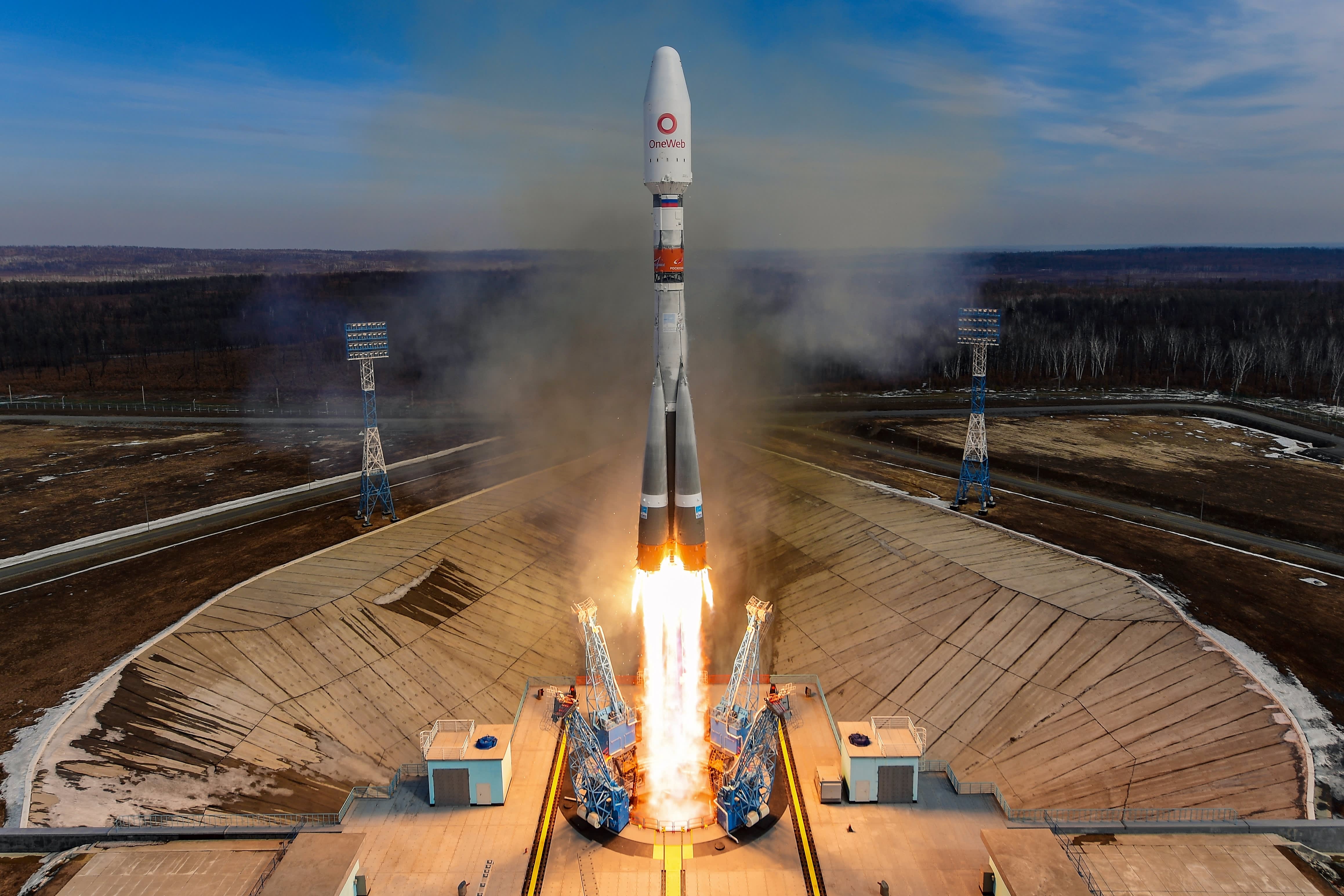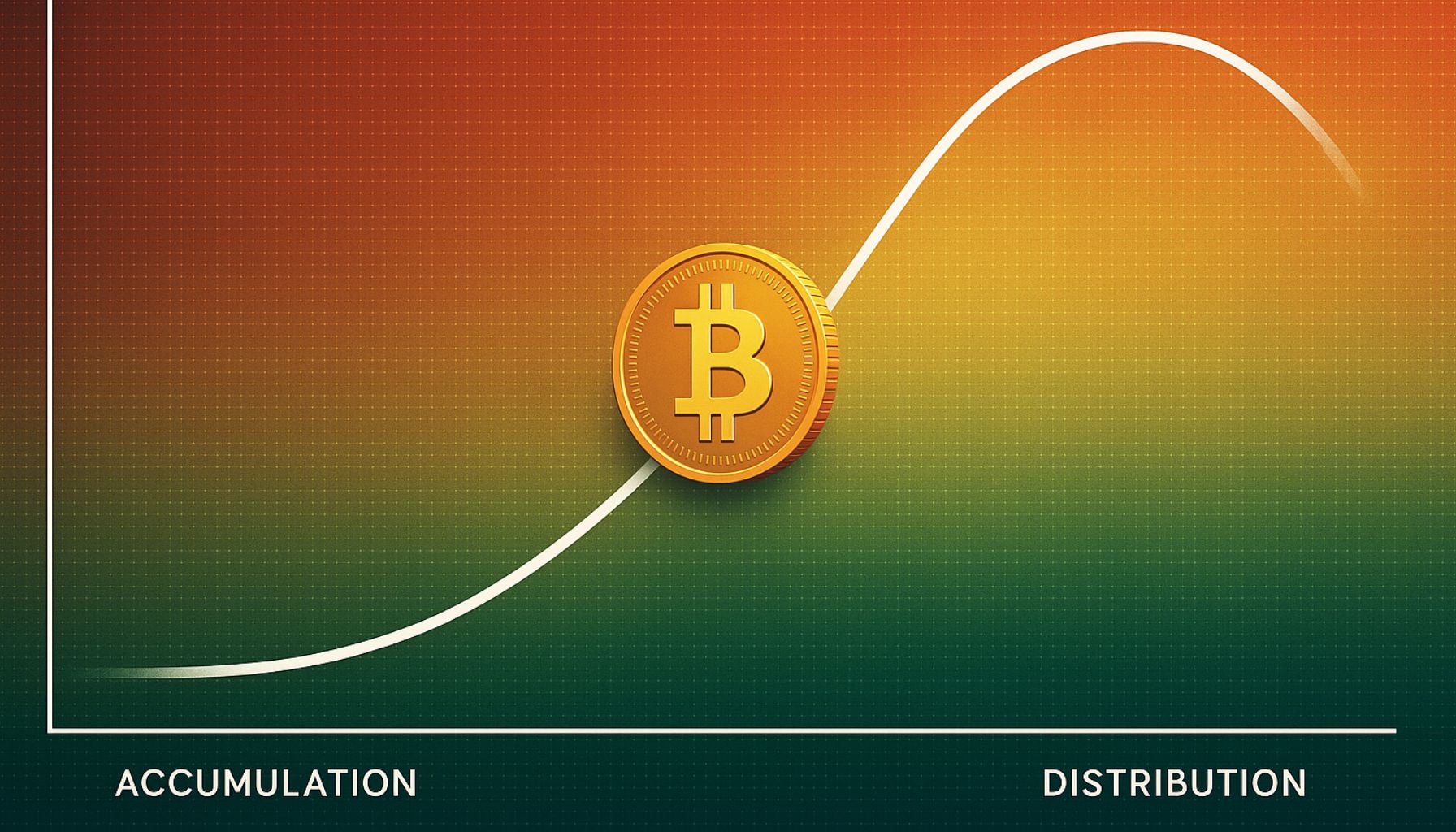Oil slides more than 8% as Shanghai lockdown prompts demand fears
Oil prices declined on Monday as a fresh set of lockdowns in China — the world's largest oil importer — sparked demand slowdown fears.

Andrey Rudakov | Bloomberg | Getty Images
Oil declined more than 8% during Monday morning trading on Wall Street as concerns over new lockdowns in China and the potential impact on demand sent prices tumbling.
West Texas Intermediate crude futures, the U.S. oil benchmark, slipped 8.25% to trade at $104.50 per barrel. International benchmark Brent crude traded 7.4% lower at $111.61 per barrel.
"Today's price slide is attributable first and foremost to concerns about demand now that the Chinese metropolis of Shanghai has entered into a partial lockdown," Commerzbank said Monday in a note to clients.
China is the world's largest oil importer, so any slowdown in demand will weigh on prices. The nation uses around 15 million barrels per day, and imported 10.3 million barrels per day in 2021, according to Andy Lipow, president of Lipow Oil Associates.
"The magnitude of [the] sell-off reflects fears that Covid lockdowns in China could spread, significantly impacting on demand at a time when the oil market is trying to find alternatives to Russian oil supplies," Lipow said Monday.
Another round of peace talks between Ukraine and Russia is slated for this week, which Commerzbank said was also contributing to oil's slide.
Crude is coming off its first positive week in the last three, with WTI and Brent ending the week 8.79% and 10.28% higher, respectively.
The oil market has been marked by heightened volatility since Russia's invasion of Ukraine at the end of February. Prices shot above $100 per barrel the day of the invasion and kept climbing. WTI topped $130, rising to its highest level since 2008, while Brent almost reached $140.
But prices didn't remain there for long, and on March 14 WTI traded under $100. The volatile action reflects, in part, the many unknowns around the future of Russia's oil.
The International Energy Agency warned that three million barrels per day of Russian oil output is at risk come April as Western sanctions prompt buyers to shun the nation's oil. But analysts have noted that Russian oil is still finding buyers for the time being, especially from India.
Traders say the recent volatility also stems from non-energy market participants using crude as an inflation hedge. In recent weeks, open interest has decreased, making the market susceptible to even larger intraday swings.
Despite Monday's slide, oil held above $100.
"We still expect that Brent crude will continue to rally as the market continues to price in a rise in energy supply risk amid immense supply disruptions," TD Securities said Monday.
"The right tail in energy markets is still fat... The set-up is still ripe for higher energy prices," the firm added.

 KickT
KickT 
































